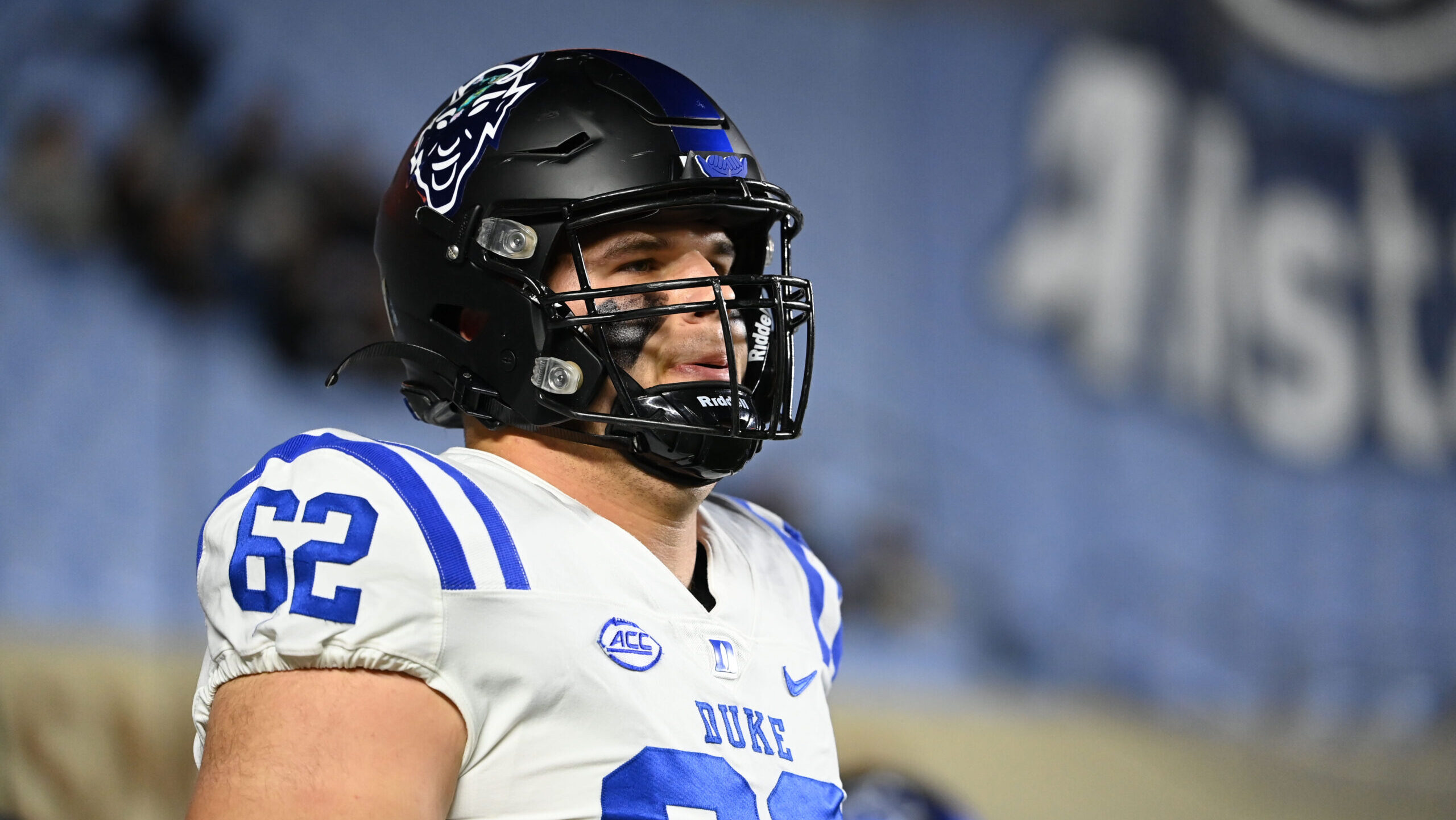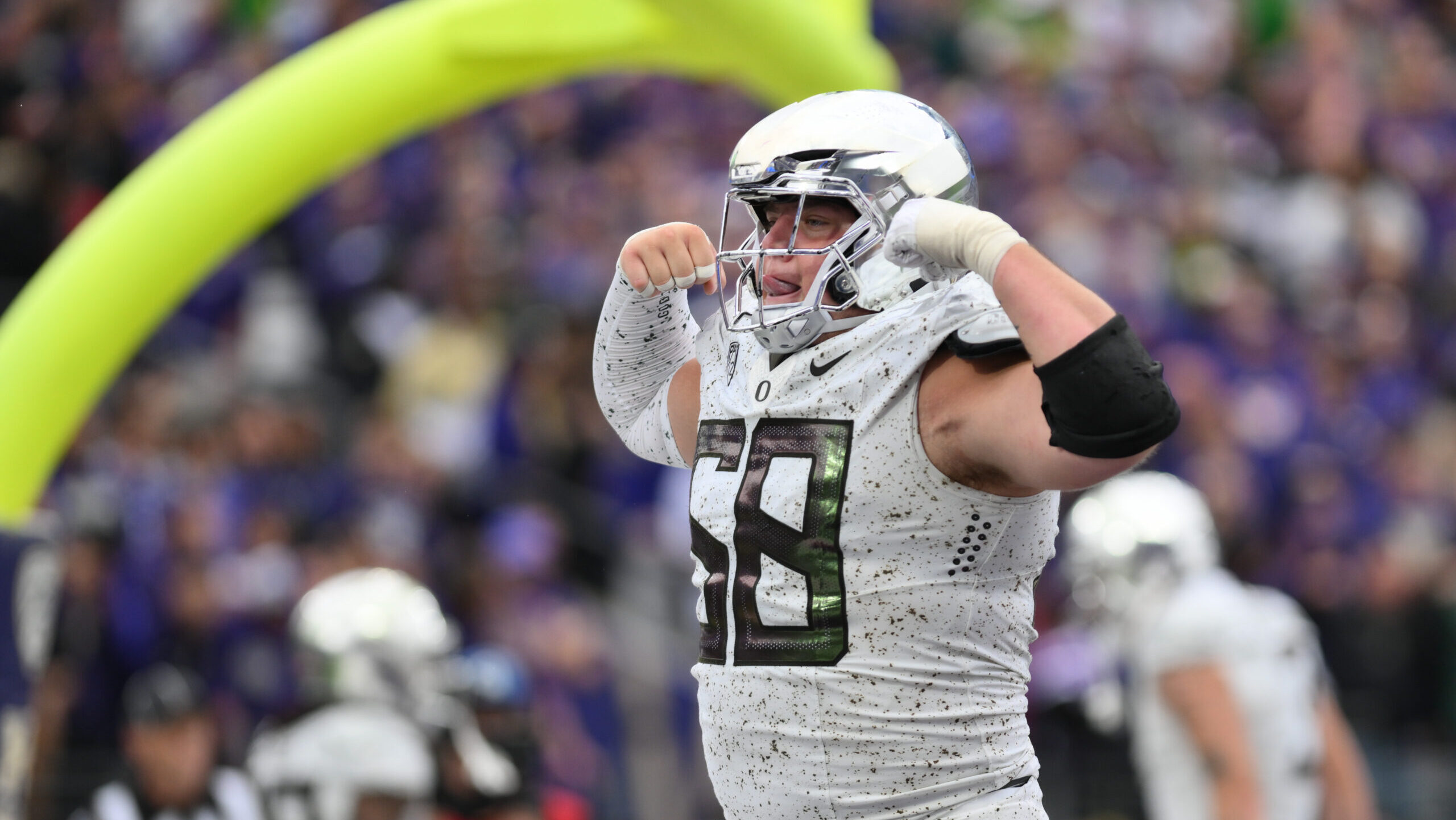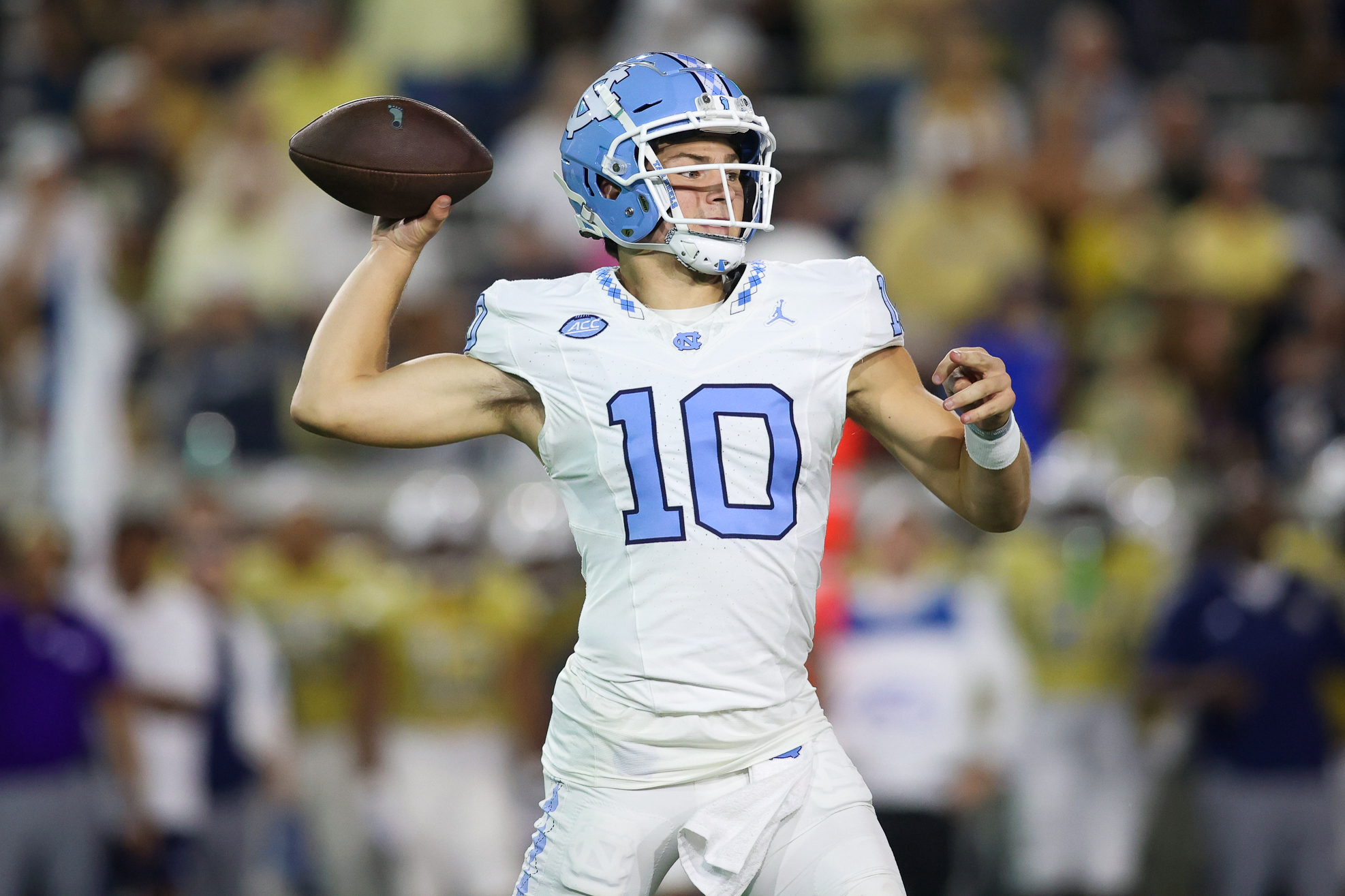Analysis
2/9/23
5 min read
Father of Modern Passing Game, Don Coryell, Finally Gets Hall Call
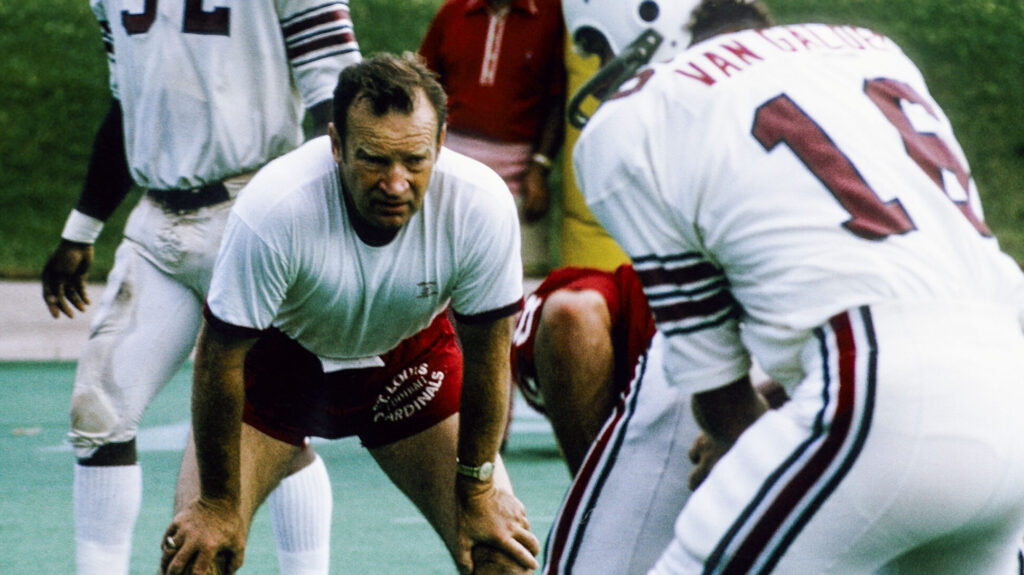
Don Coryell has been elected to the Pro Football Hall of Fame, and that should come as no surprise. He should've been enshrined years ago. But what doesn't make sense is why it took him so long to get there.
A seven-time finalist, Coryell crossed the finish line Thursday night as a coach/contributor candidate for the Hall's Class of 2023. It's the first year for the category, and, as it turns out, it was the perfect fit for the former head coach who'd been repeatedly overlooked.
So what changed? One word: Contributor. For the first time, it wasn't only Coryell's coaching record that could be discussed; it could be — no, would be — his impact on the game, too, and there is no overstating the importance of that move.
"The focus on the contribution side is what tipped it in his favor," said Hall of Fame quarterback Dan Fouts, who played for Coryell and is a Hall of Fame voter. "The voters that were against him no longer had an argument."
Bingo.
Instead of focusing on Coryell's playoff record, a 3-6 mark that included no Super Bowls, the Hall's board of 49 selectors was asked to consider his contributions as an innovator, too — and they were considerable. In fact, almost everywhere you look today you find reminders of the Air Coryell attack in San Diego that operated more like a blitzkrieg.
Pre-snap motion? Coryell. Wide receivers dressed as tight ends? Coryell. Single-back alignments? Coryell. But don't stop there. Coryell's impact extended to the other side of the line of scrimmage. Defenses had to adjust to combat the havoc Air Coryell unleashed, with Buddy Ryan's "46" defense in Chicago the most notable example.
"Don is the father of the modern passing game," former coach Mike Martz once said. "You look around the NFL right now, and so many teams are running versions of the Coryell offense. … He changed the game. I'm not sure why that hasn't been acknowledged by the Pro Football Hall of Fame."
It has. Finally. And strike up the band.
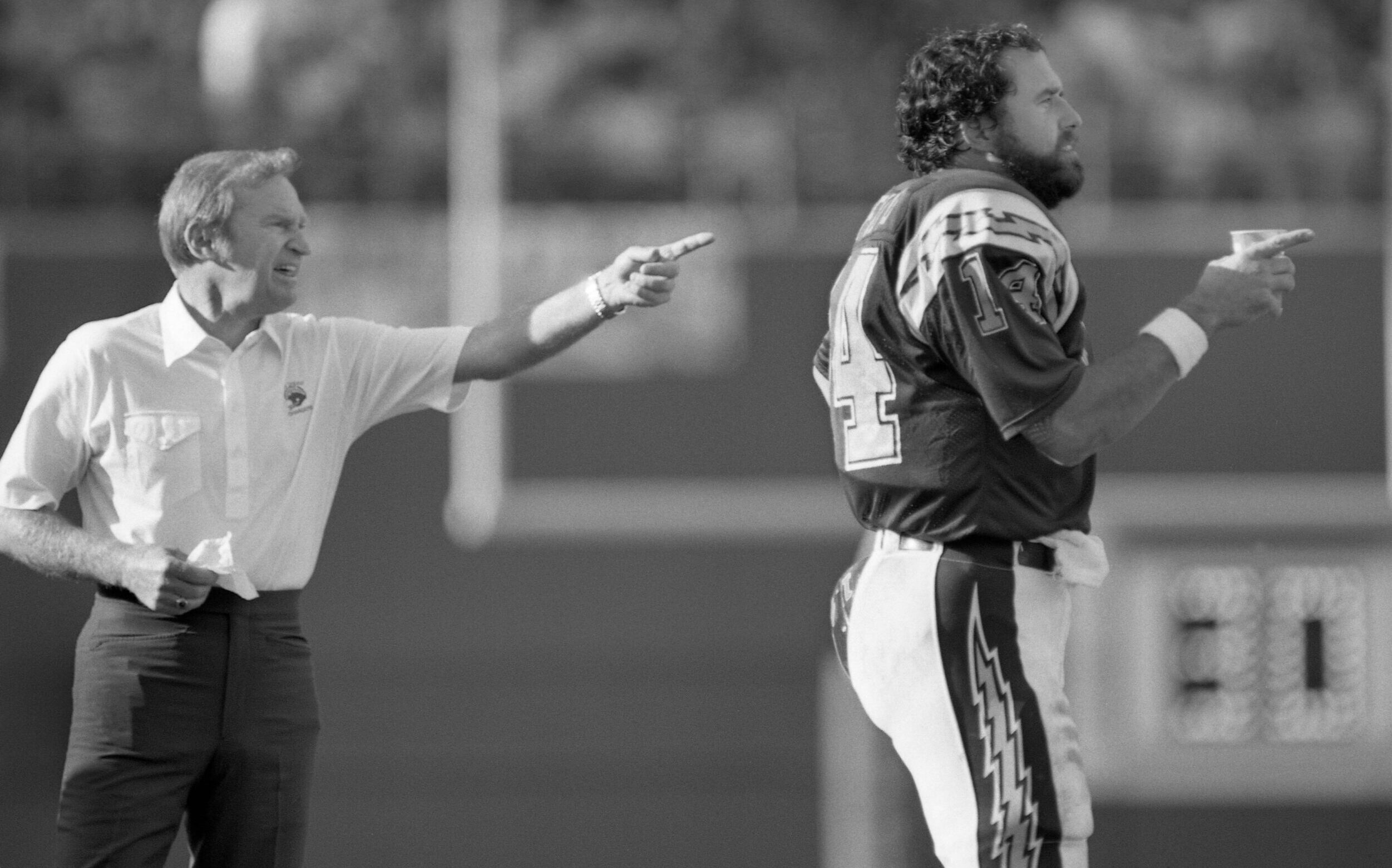
Coryell's trendsetting didn't start in the pros. It goes back to his days as a coach at Wenatchee Junior College. At Coryell's memorial service in 2010, an emotional John Madden recalled a coaching clinic in the early 1960s when John McKay, then the head coach at USC, talked about what Madden called "the hot thing then" – the I-formation. McKay said it wasn't his idea; it was introduced by one of his assistants.
Don Coryell.
When he joined St. Louis in 1973, Coryell brought the single-back, two-tight end package – with Jackie Smith and J.V. Cain the tight ends. Then in 1978 he moved on to San Diego, where he revolutionized the passing game with Hall of Fame tight end Kellen Winslow. The mismatches he was able to create through pre-snap motion made such an impact that Winslow led the league in receptions in 1980-81, a first for a tight end in consecutive seasons.
"In the offense we won the Super Bowl with in 1999, the foundation was Don Coryell," said Hall of Fame coach Dick Vermeil. "The route philosophies, the passing game … everything stemmed from the founder, Don Coryell. The genius."
In other words, Martz was right. Coryell changed the game.
But that wasn't enough to put him to Canton as a modern-era or coaching candidate. Defined solely by his won-loss record, he always lost momentum once the conversation got around to that 3-6 playoff record. Had the Hall not combined coaches with contributors – defined as non-players and non-coaches – in a new category for the Class of 2023, Coryell's situation wouldn't have changed. He'd still be on the outside looking in.
Given that he was a Top-10 modern-era finalist in 2016, that makes no sense. But for some reason, his candidacy went kaput after the creation of a separate coaches' category for the Centennial Class in 2020. That seems illogical, too, but look what happened: In the first year, Jimmy Johnson and Bill Cowher were elected, even though only Johnson was a modern-era finalist (2015). Then, in 2021, Tom Flores was enshrined. One year later, it was Vermeil.
Coryell was nowhere on the radar.
Yet he twice raised the Titanic, putting the woebegone St. Louis Cardinals and San Diego Chargers back on the NFL map. He also had more regular-season wins (111) than Flores (97) or Johnson (80) and a better winning percentage (.572) than Johnson (.556), Flores (.527) and Vermeil (.524).
Granted, those coaches won Super Bowls. In fact, Johnson and Flores won two apiece, and there we go again with the playoff rap. But if that's what matters most, then why was George Allen enshrined in 2002? He was 2-7 in the postseason and lost his only Super Bowl. That's not a knock on Allen. It's a defense of Coryell.
If Lombardi Trophies and playoff records are measuring sticks for Canton – and more than one voter has said they are --- how is it that they don't matter for one coach and do for another? So Coryell didn't reach a Super Bowl. His acolytes did. Joe Gibbs, Ernie Zampese, Norv Turner and Mike Martz combined for seven Lombardi Trophies.
"If you talk about impact on the game," said Hall of Fame coach Tony Dungy, "(and) training other coaches – John Madden, Bill Walsh, Joe Gibbs, to name a few -- and influencing how other things are done, Don Coryell is probably right up there with Paul Brown. He's a genius."
He's also a Hall of Famer. And it's about time.
Clark Judge covered the NFL as a beat reporter and columnist for almost 40 years. He is also a longtime Pro Football Hall of Fame voter. Follow him on Twitter @clarkjudgeTOF.


